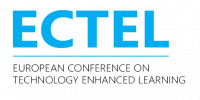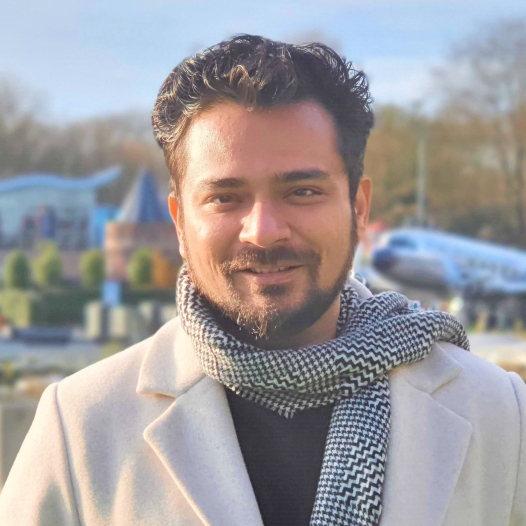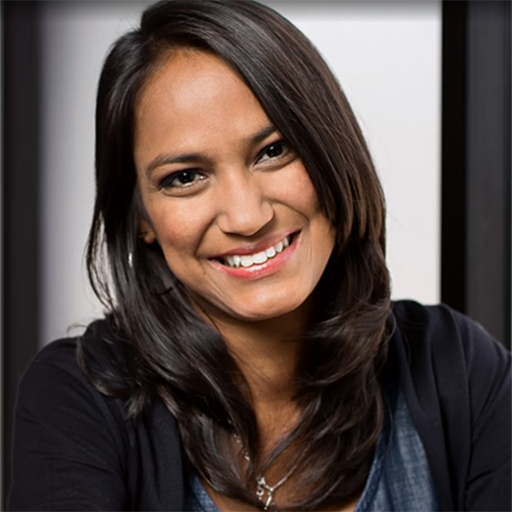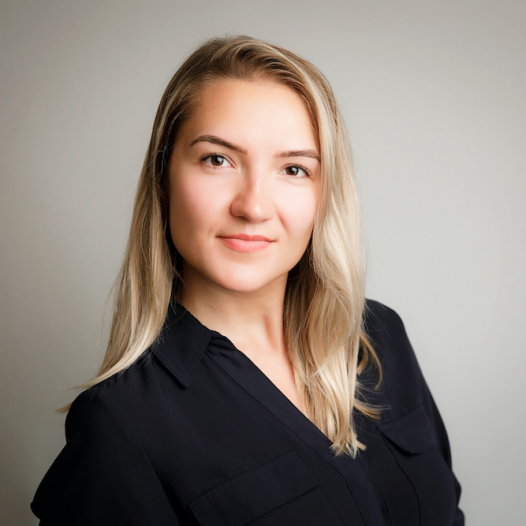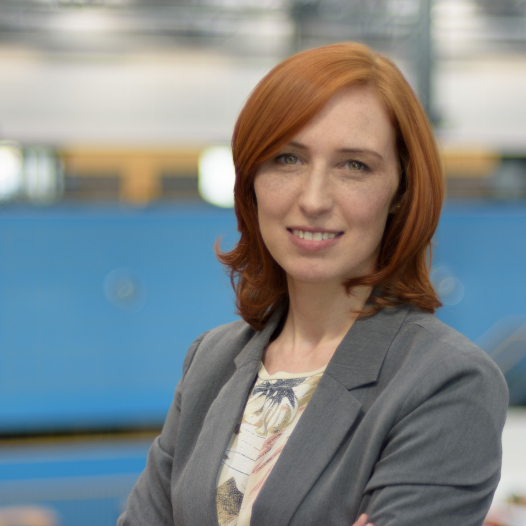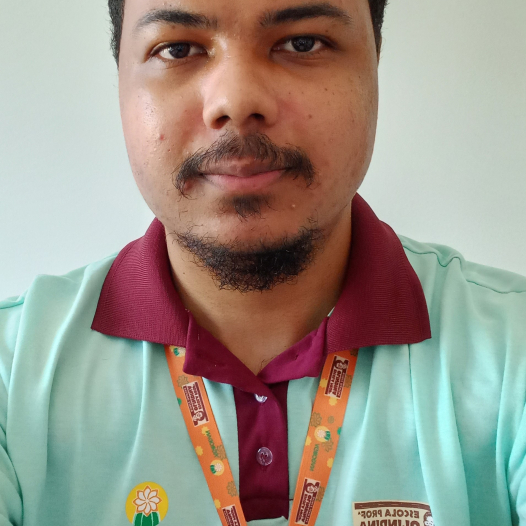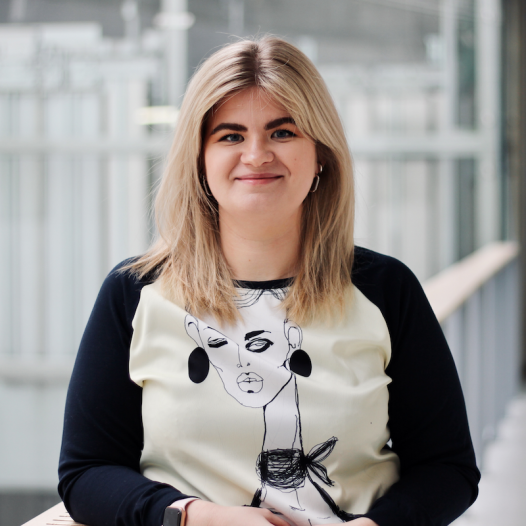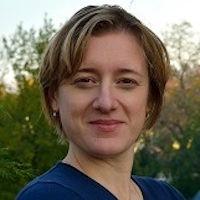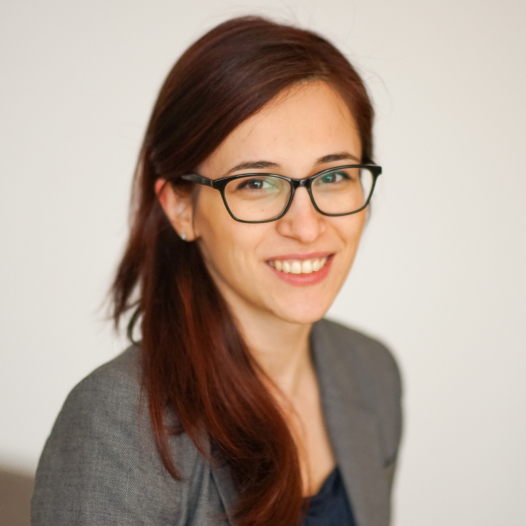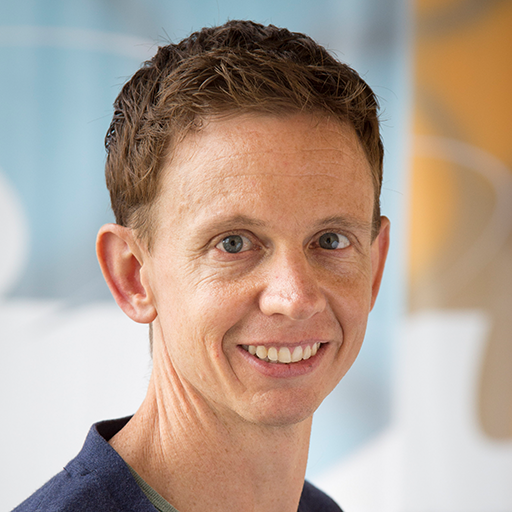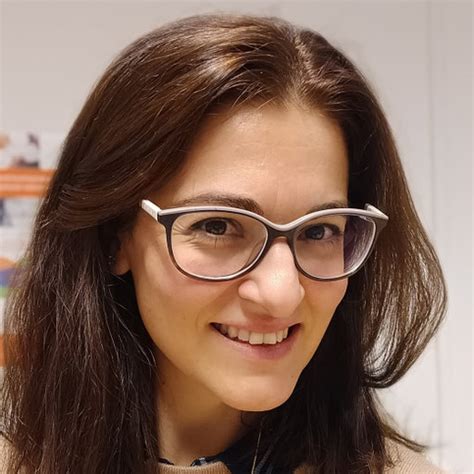Doctoral Consortium
The EC-TEL Doctoral Consortium brings together PhD candidates working on topics related to Technology-Enhanced Learning providing them an exceptional opportunity to present, discuss, and receive feedback on their research in an interdisciplinary and international atmosphere. Prominent professors and researchers in the field of Technology-Enhanced Learning will provide formative feedback to the selected papers through the review process and contribute actively to discussions at the workshop.
Proceedings of the ECTEL2022 Doctoral Consortium
Ioana Jivet, Daniele Di Mitri, Jan Schneider, Zacharoula Papamitsiou, Mikhail Fominykh eds. “Proceedings of the Doctoral Consortium of the Seventeenth European Conference on Technology Enhanced Learning (DCECTEL 2022) co-located with the Seventeenth European Conference on Technology Enhanced Learning (EC-TEL 2022) “, Toulouse, France, September 12–16, 2022,  CEUR workshop proceedings, ISSN: 1613-0073, Vol-3292.
CEUR workshop proceedings, ISSN: 1613-0073, Vol-3292.
Who can apply
The intention of this doctoral consortium is to support and inspire PhD candidates during their ongoing research efforts. Therefore, we will consider applications from PhD candidates who:
- have started to work on a PhD before the doctoral consortium
- have neither achieved their PhD degree nor officially submitted their thesis before the doctoral consortium
- have the topic of their work within the Technology-Enhanced Learning domain
- have good reading and writing English skills
Application process
1. Doctoral Consortium paper
- Write about your PhD research!
- The length of the Doctoral Consortium paper is 5-10 pages.
-
Use the supplied CEUR template.
-
Create a submission and upload the paper to EC-TEL EasyChair.
-
(optional) All accepted Doctoral Consortium papers can prepare a poster about their PhD and participate in the EC-TEL 2022 poster session.
2. Application form
PhD candidates are requested to complete the EC-TEL Doctoral Candidate application form. Time required: 5 minutes.
Doctoral Consortium paper
Elements to be addressed in the EC-TEL Doctoral Consortium paper
- A clear formulation of the research question
- An identification of the significant problems in the field of research within the TEL domain
- An outline of the current knowledge of the problem domain, as well as the state of existing solutions
- A presentation of any preliminary ideas, the proposed approach and the results achieved so far
- An outline of the applied research methodology
- A description of the PhD project’s contribution to the problem solution in the TEL domain
- A discussion of how the suggested solution is different, new, or better as compared to existing approaches to the problem
Proceedings of the previous EC-TEL Doctoral Consortia
2021 Proceedings of the Doctoral Consortium at the European Conference on Technology Enhanced Learning
2018 Proceedings of the Doctoral Consortium at the European Conference on Technology Enhanced Learning
2013 Proceedings of the Doctoral Consortium at the European Conference on Technology Enhanced Learning
Review and publication
The accepted Doctoral Consortium papers will be published in CEUR Workshop proceedings: ceur-ws.org. The participants will have the opportunity to improve their papers in response to the reviews and based on the feedback they received during the Doctoral Consortium.
All submissions will be reviewed by at least three senior researchers.
Accepted PhD candidates
Aditya Joshi
Utrecht University, The Netherlands
Short-bio: Aditya Joshi is a second year PhD student working under the supervision of Dr. Sergey Sosnovsky in the Software Technologies for Learning and Teaching group at Utrecht University. He worked in the industry in Software and ML Engineering roles after finishing his Masters from IIIT Hyderabad in Search and Information Extraction Lab, where his […]
Andrea Zanellati
University of Bologna, Italy
Short-bio: Andrea Zanellati has been a high school math and physics teacher since 2011. Since November 2020 he is pursuing a Ph.D. in Data Science and Computation at the University of Bologna, with an interest in the applications of Machine Learning methods for the analysis of educational data. He has been interested in designing predictive […]
Bhoomika Agarwal
Open University of the Netherlands
Short bio: Bhoomika Agarwal is a PhD candidate at the department of Technology-enhanced Learning and Innovation of the Faculty of Educational Sciences of the Open University of the Netherlands. Her PhD aims to create an Ethical Framework for Artificial Intelligence in Education. Besides her PhD, she likes to dabble in coding, poetry, origami and reading […]
Doris Kristina Raave
University of Tartu, Estonia
Short bio: Doris Kristina Raave is a PhD candidate and junior research fellow at the University of Tartu with research interests in educational psychology and meaningful technology integration in education. Her background is in teaching foreign languages, and she has worked with educational systems around the globe. PhD project: Doris Kristina Raave’s PhD work is […]
Erna Engelbrecht
Delft University of Technology, the Netherlands
Short bio: Erna Engelbrecht is a Learning Developer at Delft University of Technology, where she is also pursuing a PhD in Engineering Education. After completing her Master’s in Computer-integrated Education, Erna developed courses and training material for various clients in the public sector. After 3 years her journey in Higher Education started, first as an […]
Erverson Sousa
CESAR School, Brasil
Short bio: Erverson Sousa is a computer science teacher at Escola Professora Olindina Roriz Dantas, in Belém do São Francisco – PE, and a PhD student in the software engineering doctoral program at CESAR School, Recife – PE, both in Brazil. He teaches at a k-12 school. His research topics of interest cover applied learning […]
Esteban Villalobos
Université Toulouse III, France
Short-bio: My name is Esteban Villalobos, and I am currently starting my second year of my Ph.D. at Université Paul Sabatier. I became interested in Technology Enhanced Learning after working as a Data Scientist at a Chilean EdTech (OpenGreenRoad). Here, I found many interesting questions that were currently being researched, which motivated me to embark […]
Linda Helene Sillat
Tallinn University, Estonia
Linda Helene Sillat, PhD, is an Associate Professor of Learning Technologies and head of the Centre for Educational Technology in Tallinn University, Estonia. Her research topics include educators’ professional development, digital competence as multi-dimensional construct and competence assessment. She is a member of the Estonian Education and Youth board taskforce working on educators and students’ […]
Sabina Rako
University of Zagreb, Croatia
Short bio: Sabina Rako has more than 15 years of experience working in the field of digital education and data analytics. She is a PhD student at the University of Zagreb Faculty of Organization and Informatics and a member of a research group of the “HELA – Improving HEI maturity to implement learning analytics” project. […]
Sebastian Gombert
DIPF, Germany
Sebastian Simon
PhD candidate, Le Mans University, France
Biography: In 2020 I obtained my master’s degree in computer science at the University of Toulouse. My master thesis, “Methods for Cyber Security event detection”, examined methods and systems to detect intrusions into distributed embedded systems at Thales AVS. During these studies, I developed a great interest in research, motivating me to pursue PhD studies. […]
Xiaoling Zhang
Delft University of Technology (TUD), the Netherlands
Short bio: I am a third year PhD candidate at Centre for Education and Learning at Leiden-Delft-Erasmus Universities (LDE-CEL). Technology enhanced learning has been an important part of my academic life, with me being a learner in the past and a researcher for now. I had my bachelor’s degree in Software Engineering and then continued […]
Accepted submissions
- Aditya Joshi (Utrecht University) “Supporting student motivation through Social Comparison”
- Andrea Zanellati (Università di Bologna) “Tracking Learners’ Knowledge and Skills Development”
- Bhoomika Agarwal (Open Universiteit) “Ethical FRAPPE – an adapted draft framework for ethical AIED”
- Doris Raave (Tallinn University) “The mediators of the effect of meaningful classroom digital technology integration on students’ subject-specific learning outcomes in basic education”
- Erna Engelbrecht (Delft University of Technology) “Towards a multi-faceted framework for planning and evaluating innovation in Engineering Education”
- Erverson Bruno Gomes de Sousa (CESAR School) “Learning analytics to support teachers in the challenge of overcoming the learning gaps in k-12 students”
- Esteban Villalobos (Universite Paul Sabatier) “Measuring and Supporting Self-regulated Learning in Blended Learning contexts”
- Linda Helene Sillat (Tallinn University) “Trade-off Model for Supporting Educators Digital Competence Assessment”
- Sabina Rako (University of Zagreb) “Supporting self-regulated learning in a blended learning environment using prompts and learning analytics”
- Sebastian Gombert (DIPF | Leibniz Institute for Research and Information in Education) “Methods and perspectives for the automated analytic assessment of free-text responses in formative scenarios”
- Sebastian Simon (Université le Mans) “Towards A Comprehensive Framework for Situated Collaborative Learning Tools”
- Xiaoling Zhang (Delft University of Technology) “Towards a Computer-assisted Computational Thinking (CT) Assessment System in Higher Education information on submission”
Program Committee
- Zacharoula Papamitsiou SINTEF Digital
- Jan Schneider DIPF
- Ioana Jivet Goethe University Frankfurt & DIPF
- Daniele Di Mitri DIPF
- Torsten Zesch D2L2, Computational Linguistics, FernUni Hagen
- Mar Perez-Sanagustin Université Paul Sabatier Toulouse III
- Andrea Horbach University of Duisburg-Essen
- Angela Fessl Know-Center, Graz
- Perry den Brok Wageningen University and Research
- Renate Klaassen Delft University of Technology
- Wilma Elston TU Delft
- Clara Schumacher Humboldt Universität zu Berlin
- Samuel Greiff University of Luxembourg
- Olga Viberg KTH Royal Institute of Technology
- Laura von Rüden Fraunhofer IAIS (Institute for Intelligent Analysis and Information Systems)
- Vitomir Kovanovic The University of South Australia
- Sebastian Dennerlein Institute for Interactive Systems and Data Science (Graz University of Technology)
- Ryan Baker University of Pennsylvania
- Mutlu Cukurova University College London
Important dates
- 22 July 2022 – PhD candidate application deadline
- 24 August 2022 – Doctoral Consortium reviews
- 12 September 2022 – EC-TEL 2022 Doctoral Consortium
- 9 October 2022 – Camera-ready version of the improved submission
- 11 November 2022 – Expected publication date
Program of the EC-TEL Doctoral Consortium
12 September 2022
09:00-17:30 CEST
Welcome address
09:00 - 09:15 CEST
In the welcome address, the Doctoral Consortium chairs and EATEL board representatives will present the doctoral education activities at EATEL and present the program of the event.
Presentation Group A: Digital technologies in the classoom
09:15 - 10:00 CEST
| (1) Erna Engelbrecht | Towards a multi-faceted framework for planning and evaluating innovation in Engineering Education | TU Delft |
| (2) Doris Raave | The mediators of the effect of meaningful classroom digital technology integration on students’ subject-specific learning outcomes in basic education | University of Tartu |
| (3) Sebastian Simon | Towards A Comprehensive Framework for Situated Collaborative Learning Tools | Université le Mans |
Parallel discussion Group A
10:00 - 10:45 CEST
The three presenters of the previous slot are given space to have a break-out group discussion in which they can answer questions and receive feedback from experts and peers.
Coffee break
10:45 - 11:00 CEST
Presentation Group B: TEL for teachers
11:00 - 11:45 CEST
| (4) Erverson Bruno Gomes de Sousa | Learning analytics to support teachers in the challenge of overcoming the learning gaps in k-12 students | CESAR School |
| (5) Linda Helene Sillat | Trade-off Model for Supporting Educators Digital Competence Assessment | Tallinn University |
| (6) Andrea Zanellati | Tracking Learners’ Knowledge and Skills Development | DIPF, Università di Bologna |
Parallel discussion Group B
11:45 - 12:30 CEST
The three presenters of the previous slot are given space to have a break-out group discussion in which they can answer questions and receive feedback from experts and peers.
Lunch break
12:30 - 13:30 CEST
Presentation Group C: TEL for students
13:30 - 14:15 CEST
| (7) Sabina Rako | Supporting self-regulated learning in the blended learning environment using prompts and learning analytics | University of Zagreb |
| (8) Esteban Villalobos | Measuring and Supporting Self-regulated Learning in Blended Learning contexts | Universite Paul Sabatier |
| (9) Aditya Joshi | Supporting student motivation through Social Comparison | Utrecht University |
Parallel discussion Group C
14:15 - 15:00 CEST
The three presenters of the previous slot are given space to have a break-out group discussion in which they can answer questions and receive feedback from experts and peers.
Coffee break
15:00 - 15:30 CEST
Presentation Group D: AIED and computational thinking
15:30 - 16:15 CEST
| (10) Sebastian Gombert | Methods and perspectives for the automated analytic assessment of free-text responses in formative scenarios | DIPF |
| (11) Bhoomika Agarwal | Ethical FRAPPE – an adapted draft framework for ethical AIED | Open Universiteit |
| (12) Xiaoling Zhang | Towards a Computer-assisted Computational Thinking (CT) Assessment System in Higher Education | TU Delft |
Parallel discussion Group D
16:15 - 17:00 CEST
The three presenters of the previous slot are given space to have a break-out group discussion in which they can answer questions and receive feedback from experts and peers.
Conclusions
17:00 - 17:30 CEST
In the concluding remarks, we have a short feedback round about the day. Finally, we will present the future guidance and opportunities offered by EATEL for doctoral candidates in the Technology Enhanced Learning
Doctoral Consortium chairs
Ioana Jivet
FernUniversität in Hagen, Germany
Jan Schneider
DIPF, Germany
Daniele Di Mitri
German UDS, Germany
Daniele Di Mitri is a professor of Multimodal Learning Technologies at the German University of Digital Science. At the German UDS he leads the research group “Augmented Feedback” and coordinates the master’s in Advanced Digital Realities. He is an associated researcher at the DIPF – Leibniz Institute for Research and Information in Education and a […]
